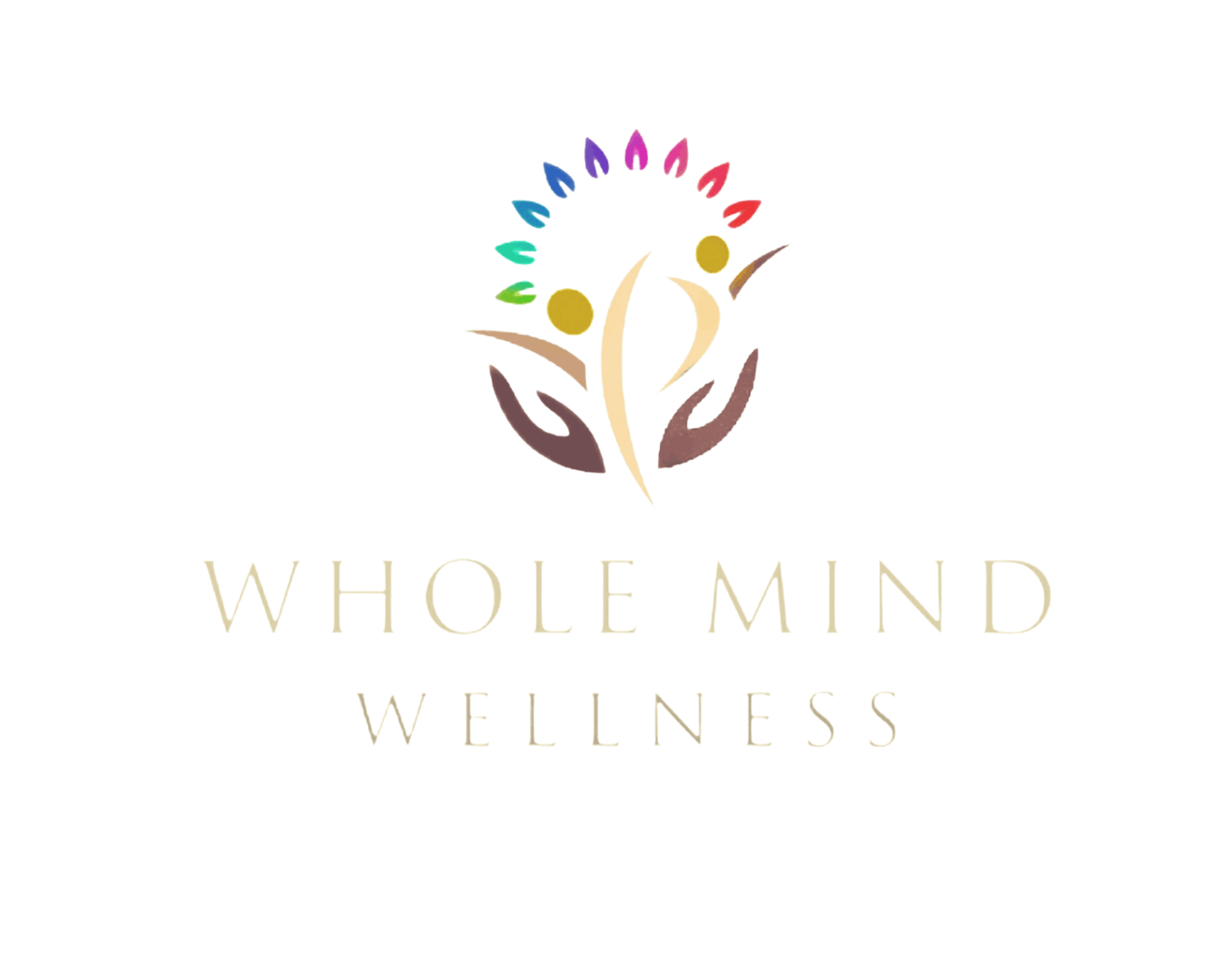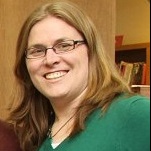The Impact of Sharing Your Experience: A lesson from Simone Biles

In recent months, several high-profile athletes speak out about their mental health. Sloane Stephens, Naomi Osaka, Robin Lehner and now Simone Biles have all made news for openly sharing their diagnoses and struggles.
As someone who has suffered from anxiety and depression for more than 30 years, I cannot tell you how important their actions are.
I first began struggling with anxiety and depression towards the end of elementary school. By junior high and high school, there were days I could barely leave the house. The simplest acts, such as going to school or taking a shower, often seemed impossible and insurmountable. I often felt completely alone, believing that there was no one else in the world who understood how I felt. More than anything else, I felt different. Weird. Damaged. Crazy.
In those days, it would have made all the difference to know there were people in the world who had the same feelings I did and were managing to be successful, “normal” adults.
The first person who ever revealed their diagnosis to me was the assistant principal at my high school. I was spending (another) afternoon in the office because of a panic attack and she shared that she had them too. I was stunned, and it changed so much for me. If she was able to live a “normal” life and be successful at her job, then maybe I could too. Maybe there would be hope for me after all.
Perhaps the greatest hurdle for equitable treatment of mental health is the stigma around mental illness. Our society, both in the US and in the world, simply do not see mental illness and mental health the same way that they see physical illness. Anyone who says otherwise quite frankly is full of it.
While it is true that in recent years there is more awareness than an acceptance then there has been in the past, you really only need to look as far as the responses to these athletes’ brave actions to understand how far we still have to go.
There are many people who still see mental health as a weakness. This is evident when you look at some of the comments about these athletes on articles and social media. They are often greeted with skepticism and derision, and are called weak and selfish. They’re called all of the things that I think about myself when I’m depressed and anxious.
What must it be like for a young person or someone battling mental illness alone to see that kind of response? How on earth would they be able to share their feelings and ask for help?
Despite the progress that has been made there is still a long way to go. I am very open about my mental illness. If you’ve spent any amount of time with me you know I see a therapist regularly and that I am on medication for major depression, general anxiety and ADHD.
I am open about my mental illness because I believe that openly discussing mental health is the only way to eliminate the stigma. Sharing my feelings might make someone else realize they’re not alone, and maybe make them feel comfortable seeking support or care. I remember how much it helped me when my assistant principal shared her experience, and I hope that I can pay that forward.
While it is beyond admirable and brave for high profile athletes and celebrities to discuss their mental health, it is perhaps more impactful for the rest of us to do so as well. Sharing your story, in whatever ways feel comfortable to you, might make all the difference to those around you.

